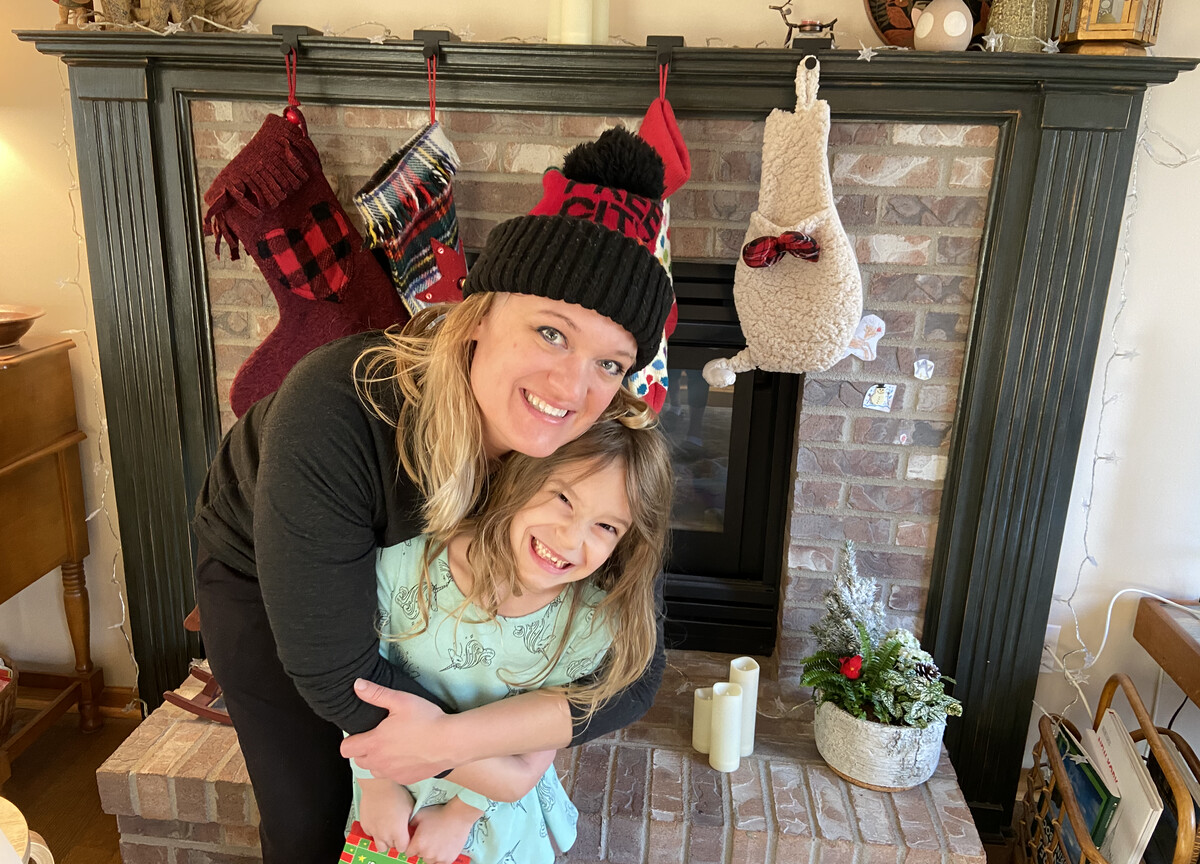All my anecdotes over twenty years of poor writing conclude with overwrought sentences of revelation and/or triumph. Scroll through the archives here and you can witness me try repeatedly to extract a profound conclusion or seismic change from stochastic tribulations. And so, I find my writing style to be annoyingly egocentric, and incompatible with a change in my philosophy, one that bends toward though hasn’t arrived at, nihilism.
Our human brains want, they thirst for, they need these confusing events of our lives to mean something. All of the restrictions, the death, the uncertainty, stress, loss, awfulness of the 2020 pandemic must mean something, right?
Right?
Well, no.
This human problem is not new. Here’s David Hume, summarizing Epicurus from, like, 2,300 years ago:
Is God willing to prevent evil, but not able? Then he is not omnipotent. Is he able, but not willing? Then he is malevolent. Is he both able and willing? Then from whence comes evil?
So let’s sidestep the Epicurean theology and try on a grossly simplified premise: bad things happen for no reason. It’s hard to accept, isn’t it? Part of you rejects it at face value. But you MUST grapple with it before you decide to take it as true or build up a giant, complicated worldview rejecting it.
What’s more, serious trouble arises when we try to make all the bad stuff mean something.
Step 1: something bad happened.
Step 2: let’s make it meaningful!
It can’t always be done.
Cognitive dissonance clouds our thought when we retell the story of ourselves to ourselves by basing it all on a manufactured, post hoc dramatic plot line. Things stop making sense when we constantly fight to force the main character (inevitably, ourselves) to emerge stronger from every vicissitude.
Bad things happen all the time. They happen to good people. They happen for no reason. Then, nobody learns anything or becomes any better whatsoever after they happen.
Yikes.
If I had any kind of advice to myself (is that even a thing?), I guess it would be this:
Imagine the arc of your life takes place on a small boat. Not like dinghy small, but also not a giant ship with its own center of gravity. A bit smaller than one of those fancy yachts where you can distract yourself from the fact you are on the open sea. On this boat, you always know and feel the swells of the ocean. The boat’s passengers are you and those you love. You can turn the screws, tack a bit in one direction, try to catch a current. Maybe you will. You know small changes now create big, unknowable changes later. You also know how small and vulnerable you are out on the open ocean.
You know you could exhaust a lifetime of energy planning and tacking toward a current you hoped to catch.
These days I’m having trouble thinking that tacking and planning are particularly important. My instinct says they are, but my logical brain says they aren’t. Sometimes one wins. Sometimes the other. The thing is, my loved ones are right there on the boat. I drag them with me when I chase currents. I suppose we all do.
So I feel something akin to acceptance of the vastness of the ocean rather than a resignation or succumbing to Fate.
All is big, we are small.
There are costs to trying to do things, and problems thinking we can do everything.
There are problems thinking we can do nothing.
To return to the Greeks: via media, I suppose.
Jason Koebler, writing at Motherboard:
We have been told for decades that the banks and the people who work at Goldman Sachs and Fidelity and hedge funds none of us have ever heard of are smarter than us, that they deserve to be rich, that they should be the ones who pull the levers on the economy, that they should decide which companies are good and which are bad, that they should be the ones who help make financial regulations. All along the way they have gotten fabulously wealthy and we have been stuck with stagnant wages, record consumer debt, and financial advice that tells us to wait until we are old to retire.
Does this overstate the case?
I do not think this overstates the case.
David Remnick at the New Yorker, of course:
Once the Capitol was cleared, the solemn assurances that “this is not who we are” began. The attempt at self-soothing after such a traumatic event is understandable, but it is delusional. Was Charlottesville not who we are? Did more than seventy million people not vote for the Inciter-in-Chief? Surely, these events are part of who we are, part of the American picture. To ignore those parts, those features of our national landscape, is to fail to confront them.
I’m glad this year is almost over.





Mykala spotted this owl in our backyard, and it stayed here for quite some time. I have never seen an owl so close; they are big birds.
I kind of feel for the mice; these things must be terrifying.
↓ More